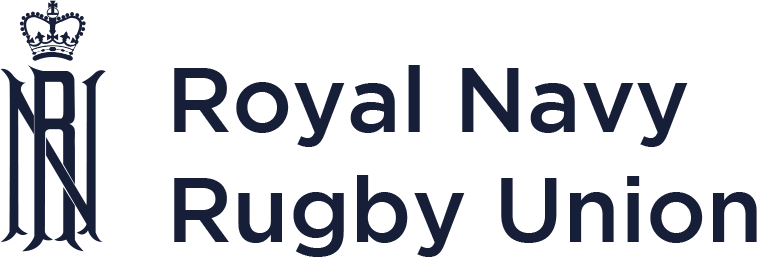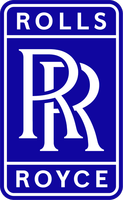Injury Management
Dealing with Injuries
Rugby is a physical contact sport. Like all sports, injuries may occur as a result of isolated incidents or through the continuous playing of the Game over an extended period of time. Safety is of paramount importance and it is therefore essential for those involved in the Game to consider their own safety and the safety of others at all times.
All those involved in the Game should consider their own fitness before participating in any rugby activity. In particular, it is it is recommended to seek medical advice after injury and before recommencing any form of rugby activity.
Guidance for Community Level Rugby (Regions, Ships, Establishments, Units)
All Regions, Establishments/Units/Ships and those involved in the organisation of any rugby activity, which includes Navy Cup and Inverdale Challenge fixtures, are to:
- Complete a risk assessment and ensure there is at least one Level 2 First Aid qualified (minimum) person as non-playing medical cover with the team. Any equipment provided for that rugby activity must be as determined by such risk assessment.
- Have access to a telephone/mobile to ensure that the emergency services can be contacted immediately when needed.
- Ensure there is a clear vehicular access for an ambulance or other emergency vehicle and identify the route for casualties coming off the pitch and to the medical room and, or, ambulance.
First Aid
Everyone involved in rugby has a role to play in making the game as enjoyable and safe as possible. Those who hold a coaching position or have a volunteer role providing pitch side care also have a specific responsibility to provide a safe and competent level of care to any injured player. All those involved should refer to the RFU Headcase guidance set out in http://www.englandrugby.com/headcase for guidance on prevention, recognition, management and returning to play.
Designated Qualified First Aiders are to:
- Provide first aid to players, as required.
- Know the whereabouts of the first aid box/bag.
- To ensure that the first aid kits are maintained.
- To ensure first aiders remain in date and attend regular workshops if available.
Reporting & Managing Injuries
ALL injuries sustained through playing or training rugby within the Royal Navy must submit to the Navy Safety Centre on an NSOR to be recorded on the NLIMS system. In addition, an RNRU Injury Form must also be completed. In the event of a player sustaining any of the following, an RFU Reportable Injury Form Form must be completed:
- An injury which results in the player being admitted to a hospital (this does not include those that attend an Accident and Emergency Department and are allowed home from there).
- Deaths which occur during or within 6 hours of a game finishing.
- Injuries in which artificial grass pitches or equipment such as sports goggles are involved.
Reportable Injury Events - Referee Reports
Following a reportable injury, the referee should also complete the Referee Injury Event Form.
Summary
All Establishments/Units/Ships and organisers of rugby activities are responsible for providing an appropriate level of care to the players, members and spectators using their facilities. All Establishments/Units/Ships and organisers must complete a risk assessment and ensure there is an appropriate level of first aid cover (minimum Level 2), and equipment provided for that rugby activity as determined by such risk assessment. Additional information and guidance can be obtained from the RNRU Office, HMS Temeraire.













